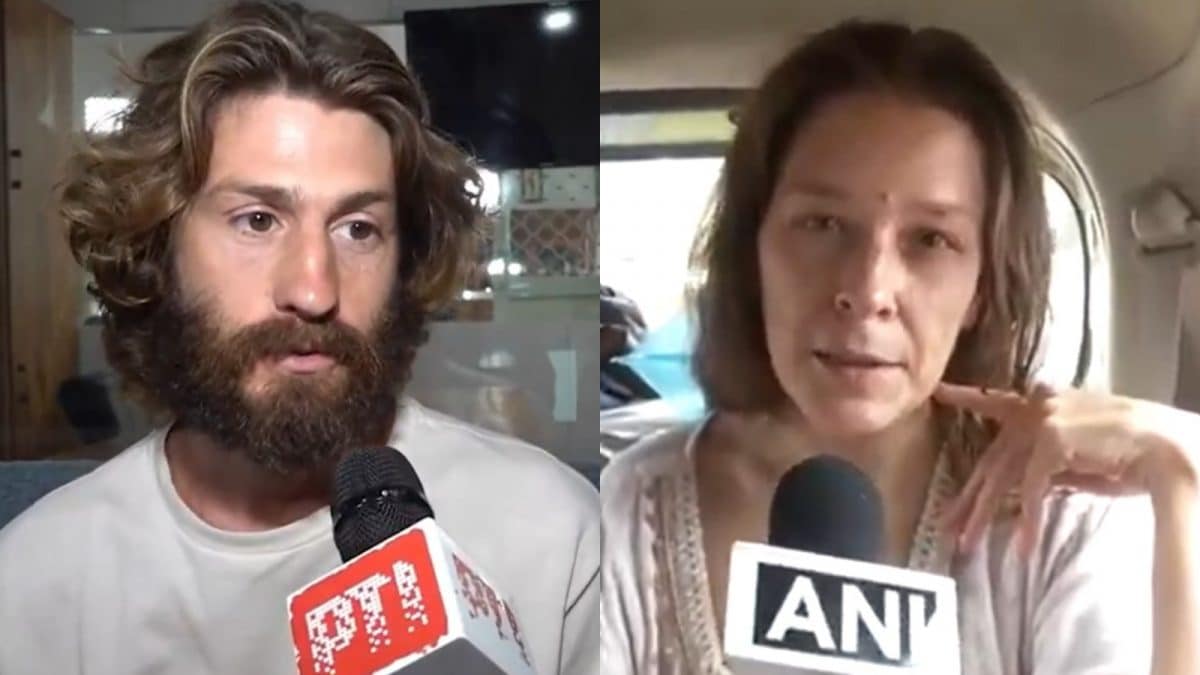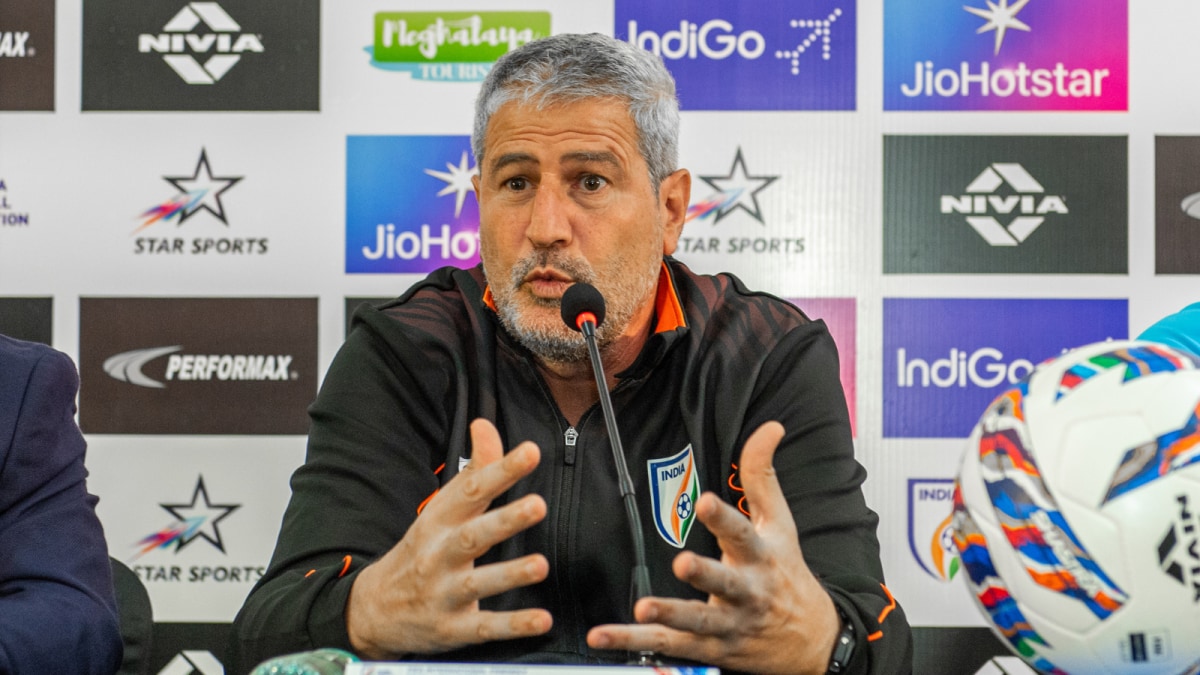The seemingly impeccably designed Tamil Nadu Professional Courses Entrance Examination (TNPCEE), which was once the State’s single window system of intake of students to professional courses like engineering, medicine, pharmacy, veterinary, agriculture and other allied ones, was not bereft of controversies and legal wrangles.
In 2004, Anna University, the nodal agency which was tasked with conducting the TNPCEE on behalf of the State government since its inception in 1984, decided to not value 22 questions in different subjects. The break up went like this: seven out of 90 questions in Mathematics were omitted, three out of 60 questions in Physics, 10 out of 60 in Chemistry, and 2 out of 140 in Biology were not valued.
It all began when, soon after the exam, there were widespread complaints from candidates and their parents over ambiguity in the answer keys of some of the questions. They said some of the questions were out of syllabus, for some questions the answer keys were wrong and for some other questions, there were multiple correct answers. Anna University was quick to act: it set up an expert panel to evaluate the ambiguous questions and offer a solution. The committee advised deletion of these questions and redistribution of the marks for these questions to the other questions.
Also Read | How entrance examinations for professional courses made an entry into Tamil Nadu
This invited a flurry of court cases, which stalled the entire admission process for close to two months. Petitions contended these questions carried 8.8 marks and the entire merit list got exhausted within the range of 2-3 marks from the first candidate to the last one.
Soon after the decision of Anna University was known regarding the ambiguous questions, scores of candidates approached the Madras High Court with various pleas, including setting up of an expert committee to find an acceptable solution and calling for re-examination. The cases were bunched together and heard by a single judge, Justice Prafulla Kumar Misra.
After hearing senior counsels representing many of the candidates, Justice Misra directed Anna University to revalue all answer papers while laying down guidelines for valuing a few specific questions.
Also Read | Opposition to entrance tests dates back 3 decades
Justice Misra’s order stated that “question numbers 27 and 33 in Biology question paper (version code MA-7) and question numbers 11, 64 and 77 of physical science (version code BS6) shall not be deleted and mark should be awarded to any student who has indicated any of the correct choices”. These questions were deleted on the ground that they had more than one correct answer.
Similarly, the judge ruled that question number 105 (MA-7) is to be revalued and option number 4 should be taken as the correct answer and not option number 3 as indicated by the committee. This question was: Highly concentrated mineral in the cerebro-spinal fluid is: (1) Pottasium, (2) Sodium, (3) Magnesium, (4) Chlorine.
The petitioners, the judgment said, contended that option 4 was the correct answer, which was also the option indicated by the paper setter as the correct answer. The expert committee, however, had suggested that option 3 was the correct answer.
In the counter affidavit by Anna University, the committee was stated to have opined that that chlorine being a gas in its natural form could not be considered as mineral and, even though Potassium and Sodium could be classified as minerals, those were not stable in free form and they react violently and become other compound; hence, the only other choice is Magnesium. They have referred to textbook P-239 in support of their opinion. “A perusal of the relevant pages as indicated makes it crystal clear that the question has been set by the paper setter with reference to the discussion relating to chlorine,” the judgment asserted.
Also Read | Tamil Nadu’s turbulent relationship with professional course entrance tests
While some petitioners appealed against Justice Misra’s judgment, there were a few pending writ petitions before the High Court against considering improvement candidates on par with regular Plus Two students. All these petitions were bunched and placed before the First Bench comprising Justice Subhashan Reddy, the then Chief Justice of Madras High Court, and Justice Prabha Sridevan.
After hearing both sides, the First Bench directed Anna University to revalue 11 of the questions that were not valued. It also came down heavily on Anna University for reviewing answer keys of paper setters by an expert committee. “The paper setter chooses questions from question bank where the key answers are already provided. By setting up the expert committee, the paper setter is reduced to just a clerk, as the key answer which is indicated has got absolutely no weightage as against the opinion of the expert committee as the University conducting the examination only takes note of the views of the expert committee for awarding marks. This practice has to be discontinued,” the order read.
Anna University was directed to “take necessary steps to recompute and hold fresh counselling accordingly by including improvement candidates also”. The process of admission finally resumed on August 10 after nearly a two-month ordeal for the candidates and their parents.



.png)
.png)
.png)
















 8 hours ago
3
8 hours ago
3









 English (US) ·
English (US) ·